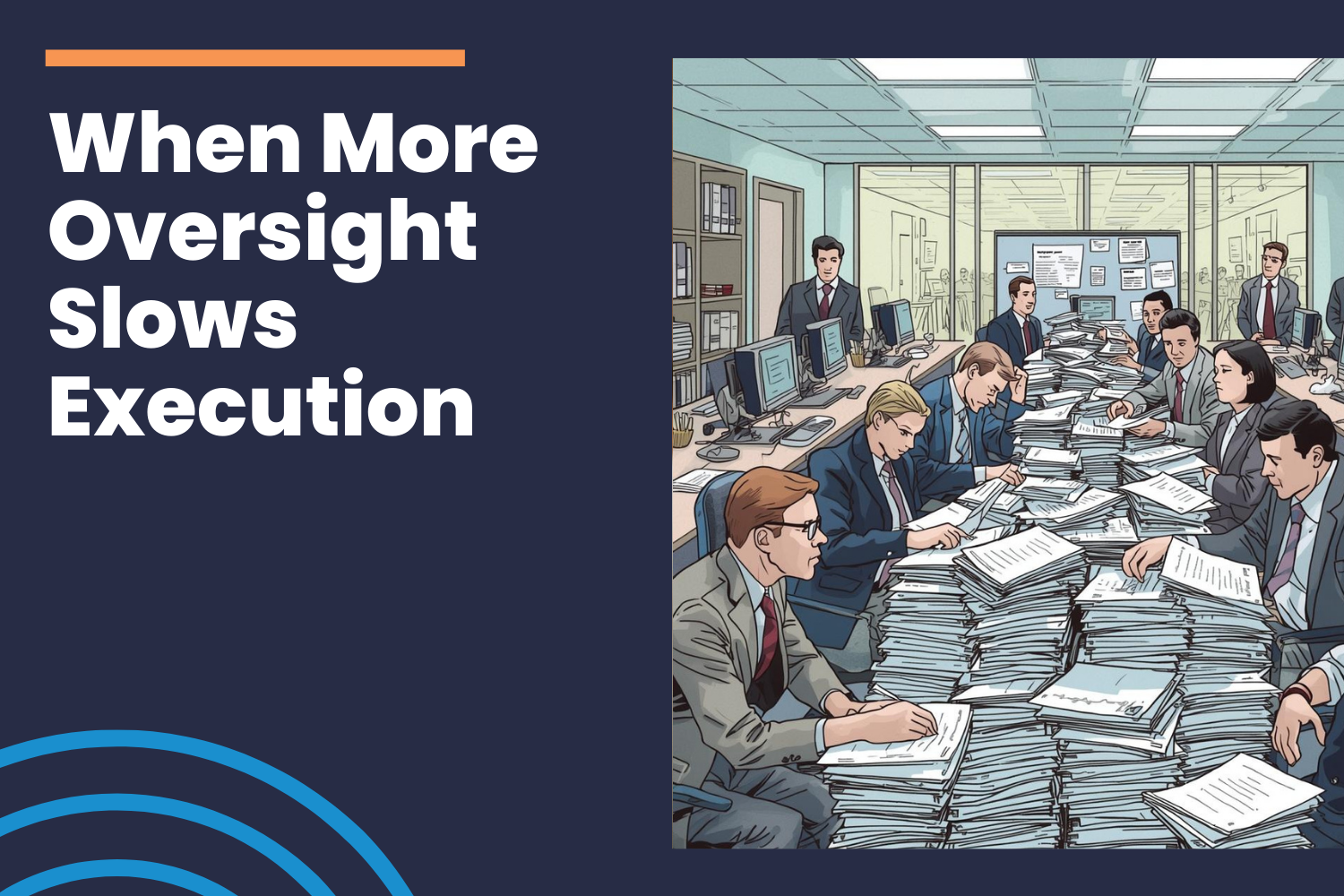The Five Most Common Mistakes That Trigger Wrongful Sale Lawsuits
When a unit goes unpaid, the process seems straightforward: follow your state’s lien law, send the notices, advertise the sale, auction the contents.
Simple enough — until it isn’t.
For one regional operator in the Southeast, a single missed notice deadline turned into a $27,000 wrongful sale settlement. The tenant claimed they never received the certified mail notice, and the operator’s team couldn’t produce a verifiable proof of mailing. Their lien process wasn’t wrong — it was just inconsistent.
And that’s the problem across much of the self-storage industry today: manual lien processes leave too much to chance.
The Legal Minefield Behind Every Lien Sale
What makes lien sales uniquely risky is that they blend state-specific property laws with federal debt-collection standards.
Operators aren’t just managing delinquency — they’re navigating consumer protection laws.
Recent changes in state and consumer statutes make precision mandatory. Florida’s Consumer Collection Practices Act and California’s Rosenthal Fair Debt Collection Practices Act, both updated for 2025, now hold operators directly accountable for technical violations that used to apply only to third-party debt collectors.
Even something as small as sending a notice after 9 PM can trigger a $1,000 penalty — per violation.
That’s the environment operators are in: tight timelines, zero tolerance, and increasing scrutiny.
The Five Most Common Mistakes That Trigger Wrongful Sale Lawsuits
Let’s demystify where operators most often go wrong — not maliciously, but operationally.
1. Missed or Misdated Notices
Many state lien laws mandate specific intervals between the first and final notice, and those timelines vary. A single misstep in mailing or publication cadence can invalidate the lien.
2. Improper Address Validation
Tenants move, emails bounce, certified mail returns unclaimed — but courts don’t always care. If you can’t prove you made “reasonable effort” to notify, you’re exposed.
3. Incomplete or Inconsistent Documentation
Courts want proof. That means timestamped notices, certified mail receipts, and documented payment histories. If any step isn’t verifiable, your defense collapses.
4. Non-Compliant Auction Advertising
Even small ad errors — the wrong date, missing unit number, or incorrect tenant name — can nullify a sale and lead to claims of wrongful conversion.
5. Lack of Centralized Recordkeeping
Lien files spread across emails, spreadsheets, and folders are an attorney’s dream — because they’re easy to pick apart. Disorganized documentation equals easy liability.
Each of these mistakes is 100% preventable — but only with systems that eliminate guesswork and enforce consistency.
The Real Cost of Getting It Wrong
Wrongful sale lawsuits aren’t just about damages.
They’re about distraction, lost trust, and lost time.
Manual lien processes don’t just create risk — they drain your NOI. Inefficiencies compound:
Prolonged delinquency cycles mean units sit idle and revenue evaporates.
Staff productivity drops as property teams spend hours chasing documents.
Compliance errors lead to expensive legal exposure and insurance hikes.
Storage Star, for instance, reduced its delinquency rate to under 2% after adopting automated lien management. They cut their accounts receivable from $1M to $120K in just 90 days.
That’s not just operational efficiency — it’s legal protection by design.
Automation: The Legal Safety Net You Didn’t Know You Needed
Automation isn’t about replacing people. It’s about protecting them — from human error, outdated templates, and the stress of juggling compliance across multiple states.
Ai Lean’s end-to-end lien management platform is purpose-built to eliminate the small mistakes that become big problems:
50+ compliance checks per file, ensuring no missed deadlines or incomplete notices.
Integrated certified mail and proof of mailing, so documentation is automatic and traceable.
Real-time dashboards that show every delinquent account across your portfolio.
Automated updates for state law changes, applied systemwide.
Centralized, timestamped documentation to build an instant audit trail
When every communication, timestamp, and record is stored in one system, you don’t have to “build a legal defense” — it’s already built.
As one FreeUp Storage manager shared:
“I don’t have to worry about hunting for documents or double-checking everything. It does it all for me, making the process so much simpler and easier.”
With a system that verifies every step, you don’t have to build a legal defense — you already have one.
From Reactive to Predictive Compliance
The operators leading the industry forward aren’t just avoiding risk — they’re using automation to predict and prevent it.
By analyzing data across hundreds of facilities, automated lien systems can flag risk before it becomes exposure:
Notices sent outside state-mandated hours
Units at risk of missing auction dates
Discrepancies between delinquency balances and notice values
This shift from reactive to predictive compliance transforms lien management from a “legal burden” into a business advantage.
That shift from reactive to predictive compliance is what’s driving $1 million-plus annual labor savings for multi-location portfolios.
Action Plan: 5 Ways to Stay Lawsuit-Free This Year
If you’re managing delinquent accounts manually, you’re walking a compliance tightrope. Here’s where to start tightening your process today:
Map your state-specific lien requirements.
Build or review your compliance calendar — and confirm all timelines align with current statutes.Centralize your documentation.
Keep all lien notices, proofs of mailing, and payment histories in one secure, searchable system.Eliminate manual notice prep.
Automate templates and send schedules to avoid timing and content errors.Audit your lien files quarterly.
Catch small mistakes before they lead to costly litigation.Adopt automation for scale and safety.
Even small portfolios benefit from automated compliance tracking and real-time visibility.
The Takeaway: Peace of Mind Has a Process
Being “careful” isn’t the same as being compliant.
In today’s environment — where every timestamp, notice, and tenant interaction can be scrutinized — automation isn’t a luxury. It’s a legal safeguard.
The operators who have moved first are already seeing the benefits: faster recoveries, fewer auctions, and zero compliance anxiety.
The rest? They’re still hoping human memory will outpace machine precision.
Ready to protect your business and your peace of mind? Book a Demo with Ai Lean
Discover how the industry’s only fully automated lien compliance platform can cut your risk — and your delinquency — in half.
References
Inside Self Storage – A Lien Carries Great Power—and Responsibility! Here’s How to Avoid a Wrongful Self-Storage Sale
https://www.insideselfstorage.com/legal-issues/a-lien-carries-great-power-and-responsibility-here-s-how-to-avoid-a-wrongful-self-storage-saleInside Self Storage – 6 Questions to Help Self-Storage Operators Avoid a Wrongful Lien Sale
https://www.insideselfstorage.com/legal-issues/6-questions-to-help-self-storage-operators-avoid-a-wrongful-lien-saleNHSSA / Inside Self Storage – Managing the Risk of Wrongful Self-Storage Lien Sale: 5 Strategies to Reduce Liability
https://www.nhssa.net/from-inside-self-storage-managing-the-risk-of-wrongful-self-storage-lien-sale-5-strategies-to-reduce-liabilitySafeLease – Sale & Disposal Liability Explained
https://www.safelease.com/resources/sale-disposal-liability-explainedFlorida Legislature – Florida Consumer Collection Practices Act (2025 Update)
https://www.leg.state.fl.us/statutesCalifornia Legislature – Rosenthal Fair Debt Collection Practices Act
https://leginfo.legislature.ca.gov
FAQ
What causes most wrongful sale lawsuits?
Missed deadlines, incomplete notices, and poor documentation are the leading causes.
Are storage operators personally liable?
In many states, yes. Updated consumer laws now hold operators accountable for compliance errors.
How does automation reduce legal risk?
Automation ensures every notice, timestamp, and mailing meets legal requirements and is fully documented.
Does Ai Lean replace staff?
No — it protects them! Automation removes manual tasks so teams can focus on customers and growth.
Stop Losing Revenue to Unpaid Units
Self-Storage Operator’s Guide To Reducing Delinquency
Discover how leading operators are cutting delinquency rates by up to 80% while saving hours of staff time every month.
Continue Reading







